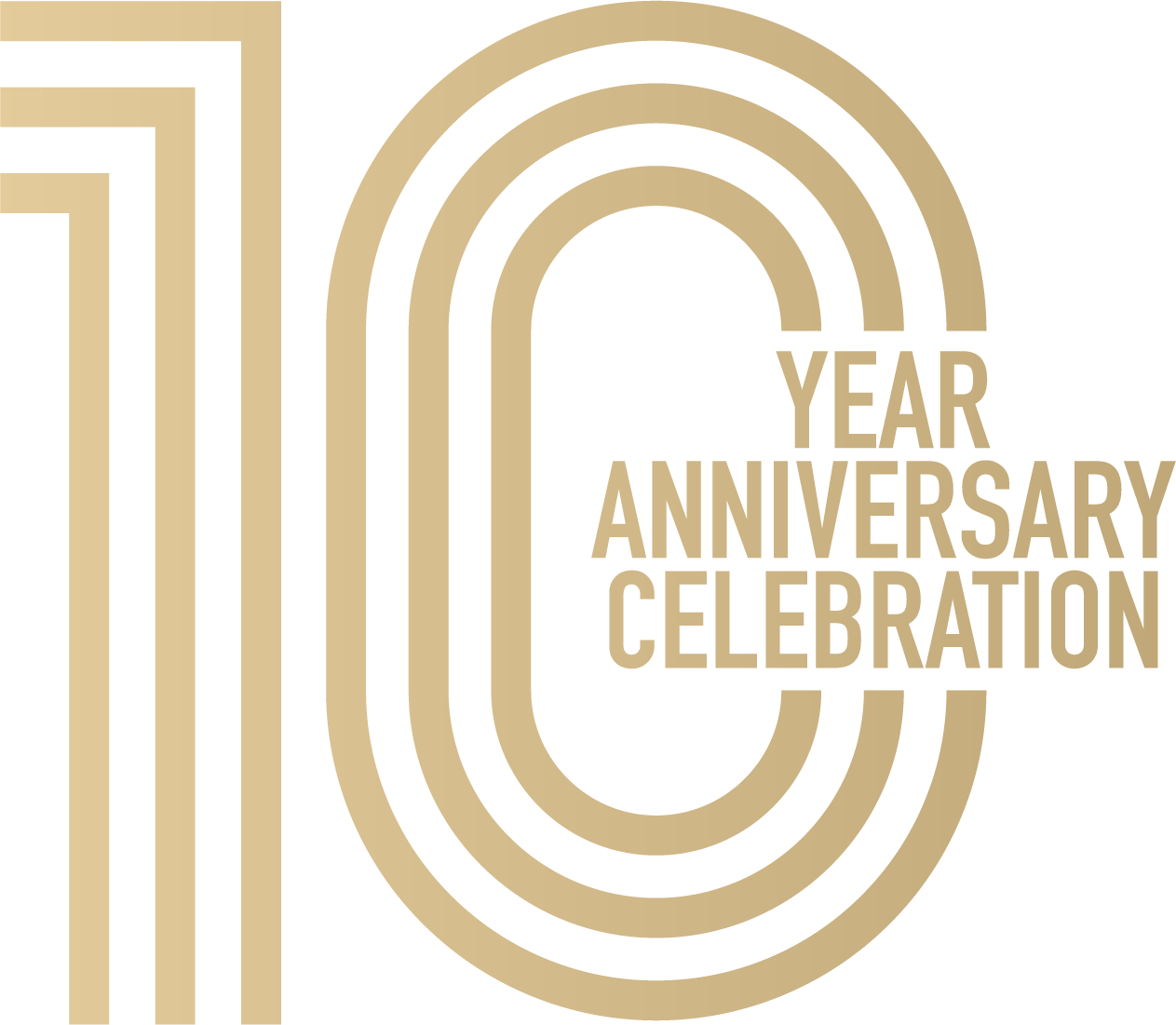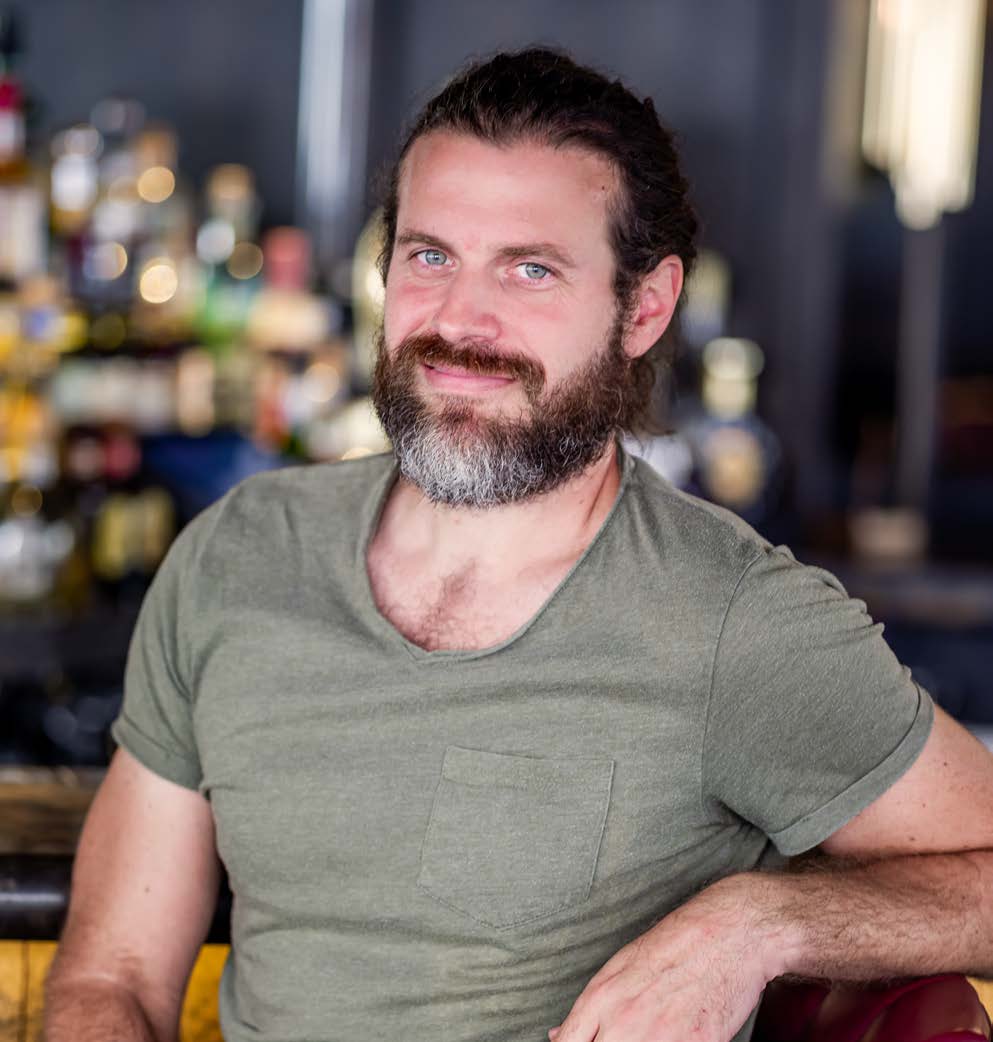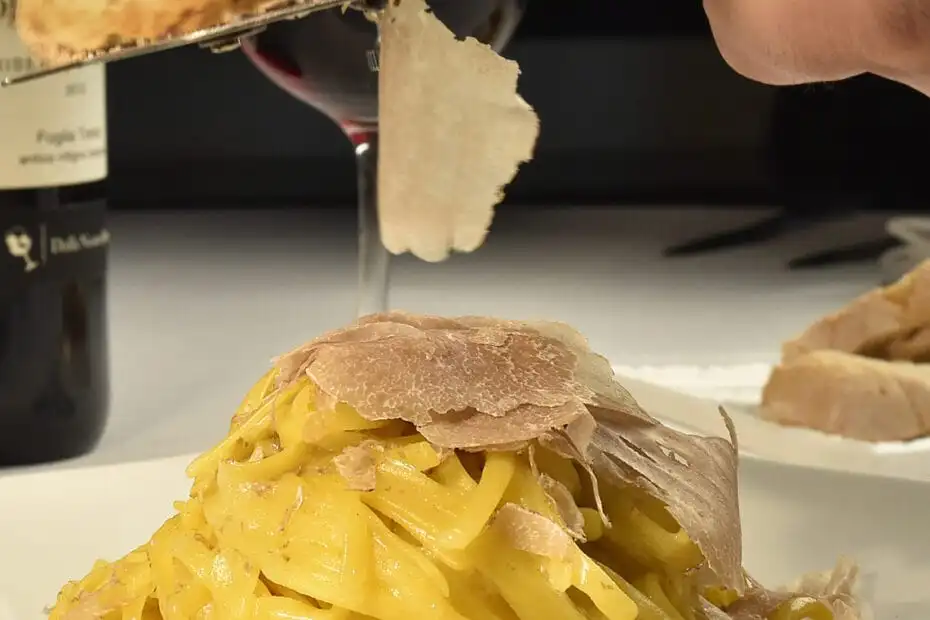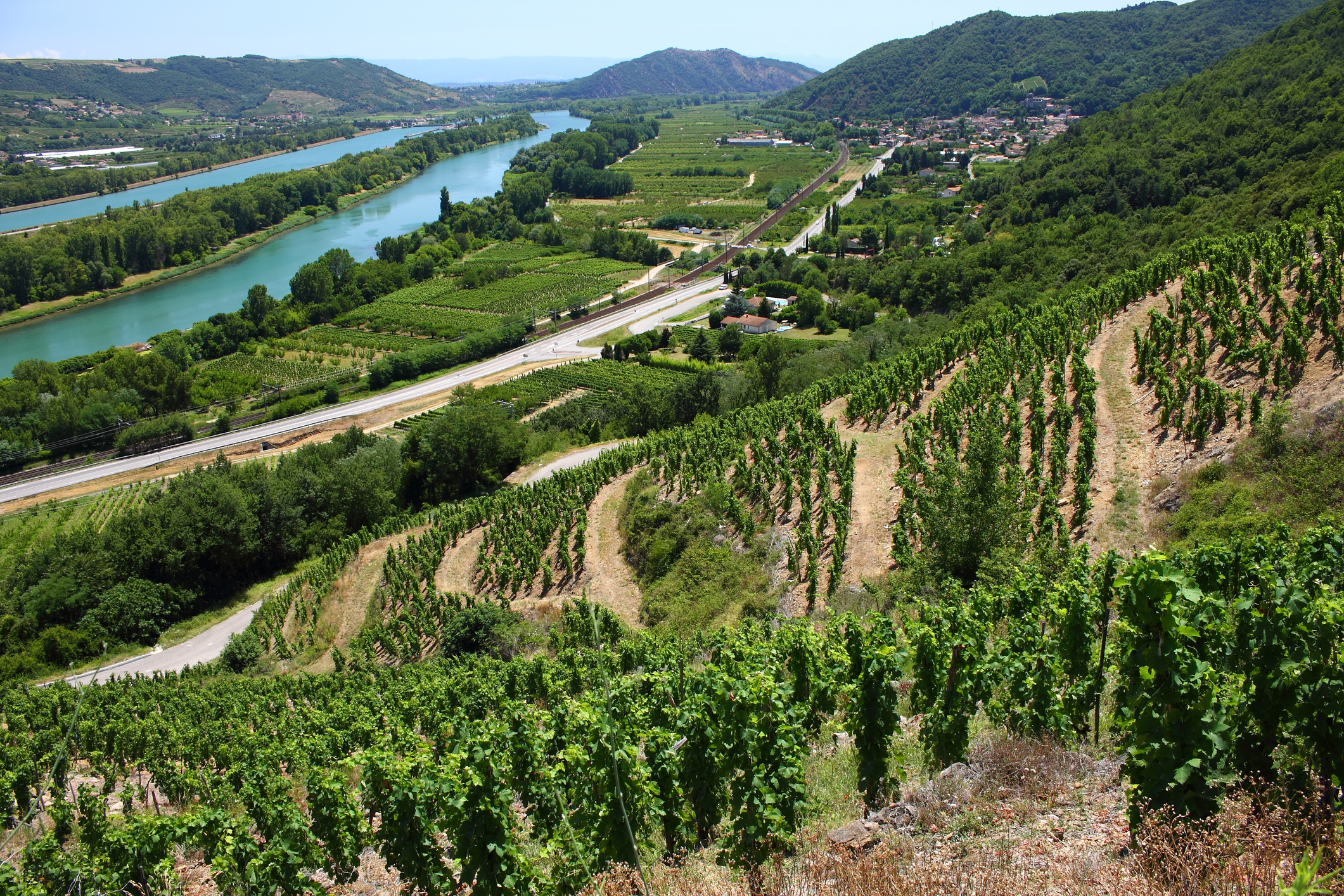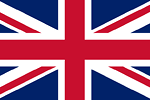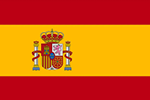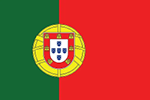The French may be famous for making wine, but they love drinking whisky. Founded in 2018 on the banks of the Garonne, Bordeaux Distilling Co is making use of the world’s finest wine barrels to age spectacular whiskies.
WHEN MOST PEOPLE think of whisky, they usually think of the Scots, with good reason given that Scotland has been producing the spirit since the 15th century, and remains the biggest whisky producer in the world.
However, when it comes to drinking whisky, it’s actually France which takes the crown as the largest whisky-consuming country in the world – based on per capita consumption. So it’s perhaps surprising that the French don’t make more of the stuff.
Bordeaux is of course famous for another drink – wine. Home to more than 4,000 wineries, Bordeaux is the biggest winegrowing region in the world, producing about 660 million bottles of wine each year. But alongside the magnificent waterfronts of Garonne on the outskirts of France’s wine capital you’ll also find one company that prefes its drinks a little stiffer. Bordeaux Distilling Company is run by a handful of highly skilled and world-class experts, this hands-on urban distillery sees the production process from beginning to end, putting transparency at the heart of everything they do.
Add the certain je ne sais quoi? They’re maturing their whisky in some of the rarest Bordeaux wine casks on the planet.
Transparency is also key to their business model; they have applied to become B-corp certified, which states that a business meets high standards of verified performance, accountability, and transparency. “Even though we’re French, we’re not arrogant enough to pretend we make the best whisky out there,” says founder Antoine Gravouil. “But we do our best and try to be as transparent as possible. We pay attention to every step of the process, and I truly believe we have something quite unique.”
THE WHISKY-MAKING PROCESS
Sustainability is at the heart of the process, from the grain all the way to the final spirit. Organic grains are sourced from farmers based on the outskirts of Bordeaux who use biodynamic practices and take great care of the land. The grains are first brewed into beer and left to ferment for a few days before distillation. Fully equipped by a leading Norwegian IT company, fermentations are monitored in real-time. From malt conditioning, milling, mashing and fermentation to cask maturation, their state-of-the-art technology aids a reliable, smooth and efficient production process. “After a few days, when the alcohol is ready, we distil it to produce the ‘new make’ whisky – approximately 75% alcohol – and put it into carefully selected wine casks for up to three years,” says Antoine. With avant-garde production techniques and a unique old-school approach to distilling in rare wine barrels, the final flavour offers deep berry notes with fruity undertones and a touch of vanilla.
THE BORDEAUX CASKS
Despite being surrounded by world-class Châteaux, it can be a fascinating yet complex process to source the right barrels because the casks aren’t originally designed for spirits; they’re meant for wine. With wine needing much less maturing time than whisky, a very specific oak essence is required to limit evaporation. Bordeaux Distillery prides itself on sourcing the best casks, from visiting different vineyards and Châteaux to tasting the wine (it’s a tough job and all that) and examining what the grain of the wood is like. With only a handful of Bordeaux producers in the region, casks are highly sought after; therefore, building trusting relationships with the producers is essential. Each Château has one, two or three different wines. Historically reserved for Bordeaux classified growths, a second and third wine is produced on the same terroir as the Château, with grapes from younger vines, which mature less well. Consequently, second and third wines have less complexity, power, persistence, finesse and ageing potential. “In the quest for quality, we always aim to acquire casks from first-growth wines to ensure not only the highest quality maturing environment for our whisky but also to give the spirit a hint of Grand Cru excellence,” says Antoine.
To try and buy, head to Oeno House, The Royal Exchange, Uni 16-17, EC3V 3LL; oenogroup.com
